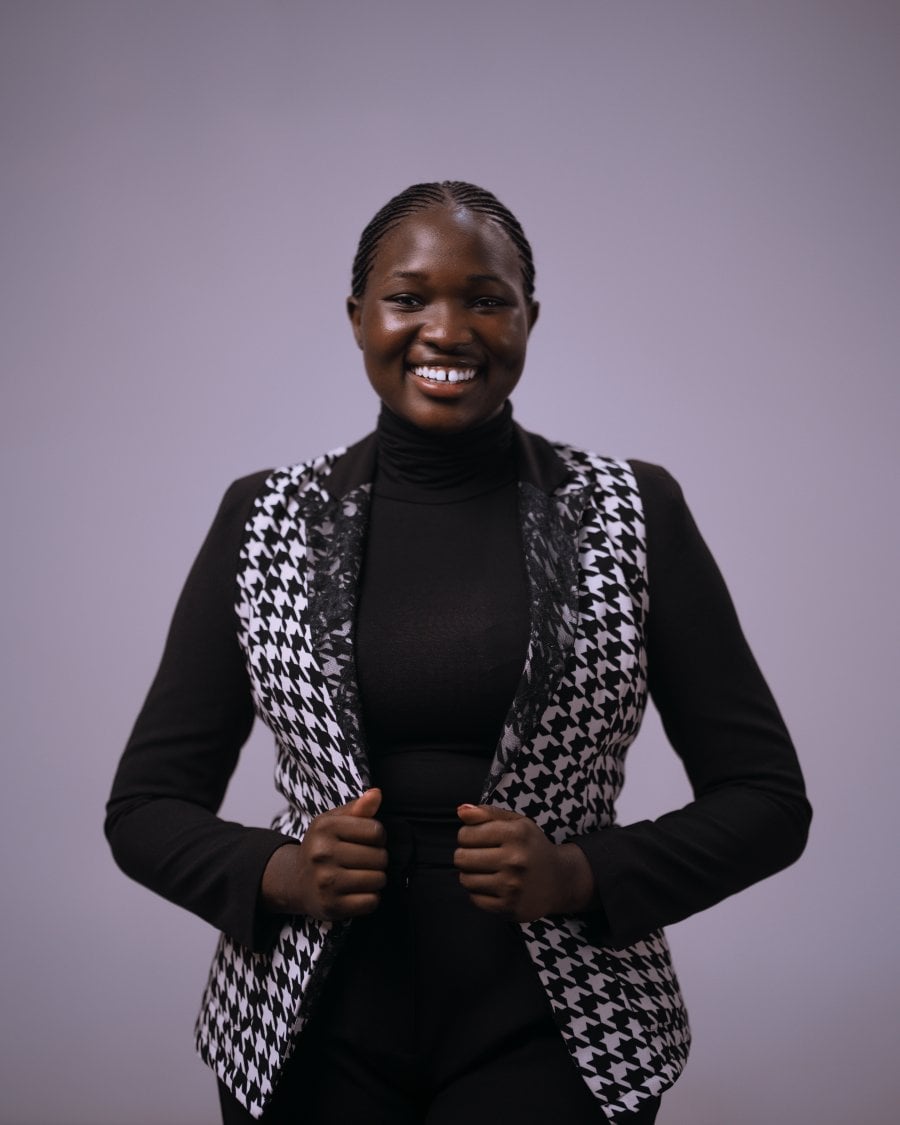
Trust D Lenia
My name is Trust Debbie Lenia, a communications assistant on the CHI-S study at the MRC/UVRI and LSHTM Uganda Research Unit. From 19 – 21 ,February 2025, I had the absolute joy of attending the Science Communication beyond Journal Publications Workshop organized by the Eastern Africa Consortium for Clinical Research (EACCR) in collaboration with KEMRI-ARCH at the Uganda Virus Research Institute (UVRI).
The workshop brought together early career researchers, PhD candidates, MSc students, and one very eager science communicator (me!) to explore the art (and sometimes chaos) of communicating science beyond the pages of academic journals.
Walking in, I was a mix of excited, curious and a little nosy (in the best way). I have spent a few years immersed in science communication, but I was genuinely intrigued to understand how researchers, who live and breathe dense academic writing, would approach the idea of simplifying their message. Would they cringe at the thought of storytelling? Would they embrace emoji’s on social media? Most importantly, how could I better support them in making their science relatable without losing meaning?
Spoiler alert: I had a lot to learn too.
One of my biggest takeaways was around strategic science communication. It made me pause and ask am I actually tailoring my messages to the right audiences, or am I just assuming that I am? Then came the social media strategies session, ouch. Let us just say my consistency and audience engagement needs a serious upgrade.
But here is where it got real: bridging the gap between researchers and the public is not just about translation. It’s about trust, tone and timing. Many researchers fear oversimplification. Some worry about misinterpretation. And others just honestly don’t know where to start. That is where we, the communicators, step in. Not just as translators, but as partners in impact.
And hey, not everything was theory and tough questions, I also got to indulge my creative side. I loved capturing the energy in the room through photography. The intense discussions, the laughter, the “aha” moments when something clicked for someone. Looking back at the images, I see a story of engagement and collaboration.
A standout moment? The panel of seasoned science communicators who spoke about learning through failure. It was equal parts humbling and hilarious. Hearing their stories reassured me that even the most experienced experts face challenges and that is okay. Growth comes from trying repeatedly.
This was more than just a workshop. It was a reminder of why I love what I do. I walked away with fresh ideas, sharper tools and a renewed commitment to make science not just heard but also felt, because science locked in journals is like a secret no one gets to learn from.
So here’s to storytelling, social media and the researchers who dare to share. I am excited to apply what I have learned, to keep growing, keep bridging the gap and to keep turning complex science into stories that count. I cannot wait to see where this journey takes me next.
The MRC/UVRI and LSHTM Uganda Research Unit is a partner in the EACCR consortium.
EACCR is an Eastern African-led network established in 2009 that seeks to strengthen the capacity to conduct internationally acceptable health research with specific focus on clinical trials on HIV, TB, Malaria and neglected Infectious emerging and re-emerging diseases in the region. It comprises 23 regional partners from Ethiopia, Kenya, Rwanda, Sudan, Tanzania and Uganda, and 5 Northern partners from Belgium, Netherlands, Norway, Sweden, and United Kingdom.
If you enjoyed this article and would like to build a career in global health, we offer a range of MSc programmes covering health and data, infectious and tropical diseases, population health, and public health and policy.
Available on campus or online, including flexible study that works around your work and home life, be part of a global community at the UK's no.1 public health university.
